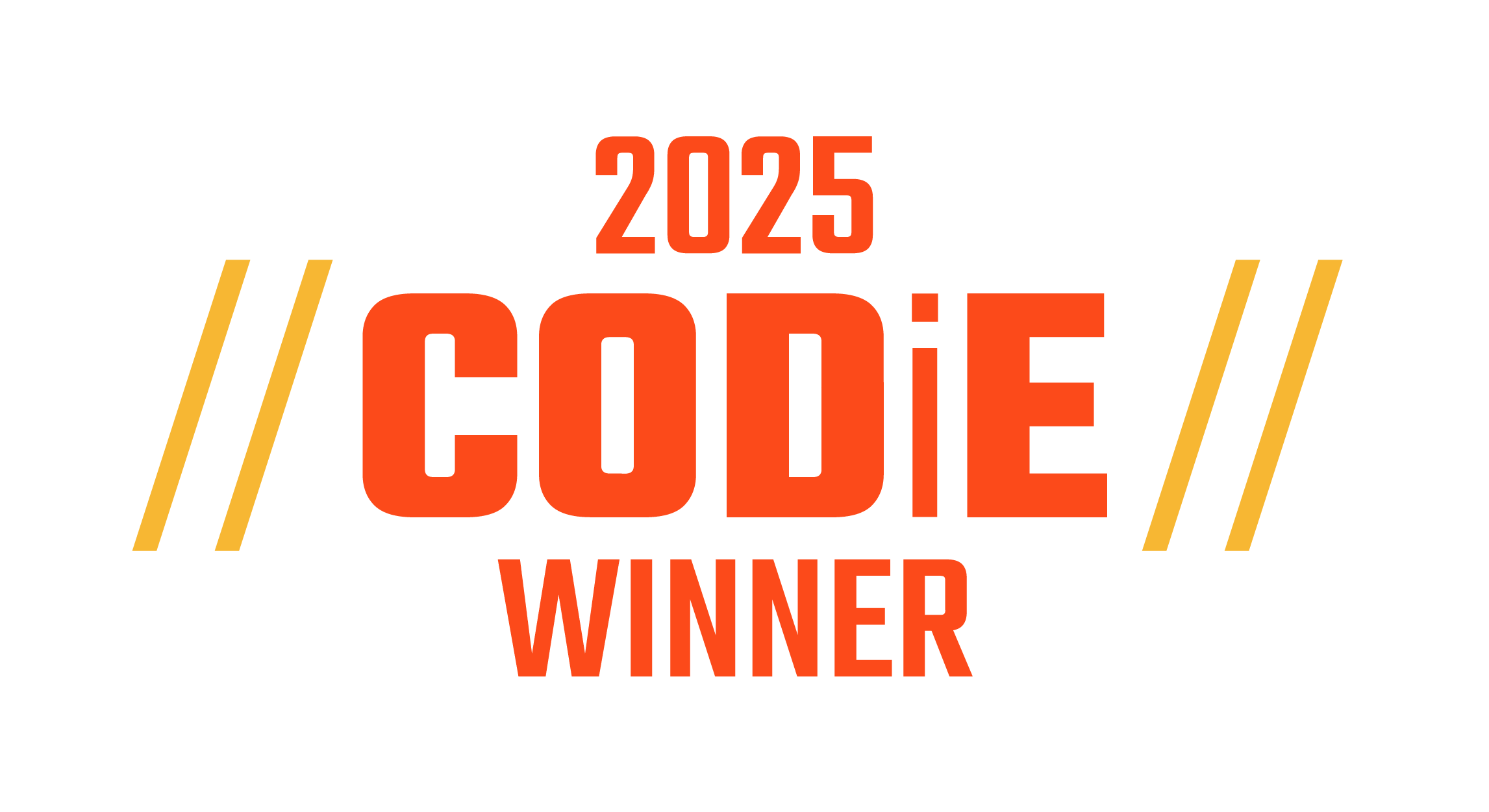 As an effective intervention tool and supplemental curriculum resource, Penda Learning easily integrates into your curriculum and instructional practice to support your students in mastering math and science standards. Penda’s automated functionality and platform features save you time and effort with its ability to auto assign activities to students, self-grade and provide instant feedback to students, report data via email, and differentiate instruction using intervention groups. As the end of the school year approaches, we would like to show you ways you can use Penda Learning beyond the traditional school year to keep students engaged academically to prevent summer slide by strategically equipping students with summer learning resources.
As an effective intervention tool and supplemental curriculum resource, Penda Learning easily integrates into your curriculum and instructional practice to support your students in mastering math and science standards. Penda’s automated functionality and platform features save you time and effort with its ability to auto assign activities to students, self-grade and provide instant feedback to students, report data via email, and differentiate instruction using intervention groups. As the end of the school year approaches, we would like to show you ways you can use Penda Learning beyond the traditional school year to keep students engaged academically to prevent summer slide by strategically equipping students with summer learning resources.
Research validates reading daily over the summer for at least 30-minutes a day helps prevent summer slide of K-12 students in reading ability and language skills. However, STEM experts argue that it’s dually important for students’ math and science skills to not stagnate or decline during summer break. Developing a summer backpack of online resources, student summer competitions, or summer school programs using Penda Learning can dramatically help keep your students engaged over the summer, especially in preventing summer slide.Summer slide occurs when students forget content or lose skills they’ve learned during the school year due to educational inactivity over the summer. According to the U. S. Department of Education, 25% of academic learning is lost by students during summer vacation. Once those students return to school, teachers may spend 4-6 weeks to re-teach material students have forgotten over the summer before they are able to teach new curriculum content. The only way to prevent this loss of learning over the summer is to find enticing ways to keep your students academically engaged or ‘plugged in’ by continually learning new skills and practicing already-acquired ones.
Here are a few ways Penda can help!
Using Penda Learning Beyond The Traditional School Year
Using Penda Learning Beyond The Traditional School Year (15:24)












